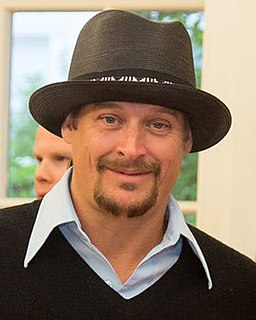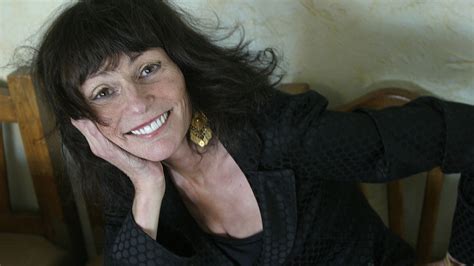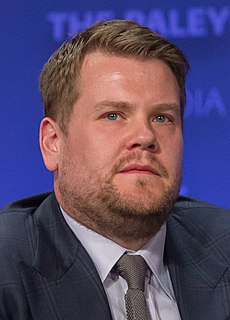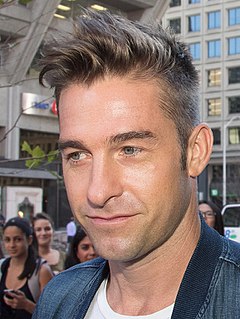Цитата Селесты Нг
Писать о месте, которое вы очень хорошо знаете, — это большое удовольствие, но и большая ответственность — пытаться быть точным. Это очень похоже на то, как если бы вы писали о родственнике: вы видите как его сильные стороны, так и недостатки, и даже если вы хотите быть честным, вы хотите, чтобы люди видели и то хорошее, что есть в нем.
Связанные цитаты
На Юге есть вещи — политика, классизм, расизм — которые я ненавижу, и я хочу быть здесь, чтобы бороться с этими вещами. Я не хочу быть в Калифорнии или Мичигане, просто жалуясь на них. Я здесь пытаюсь изменить ситуацию так, как могу, пишу об этом. И я хочу, чтобы молодые люди, особенно дети из моего сообщества, поняли, что быть успешным не обязательно означает покинуть такое место. Вы не должны торговать своей семьей или своим чувством принадлежности для этого.
Я был у Элисон [МакГи], я думаю, мы играли в Скрэббл. Я помню, как мы оба жаловались — да, мы звучим как нытики — на то, как тяжело писать, и что у нас нет истории, над которой можно было бы поработать. Элисон сказала: «Почему бы нам не поработать над написанием чего-нибудь вместе», а я сказал: «Эх, не знаю, смогу ли я работать таким образом». Она сказала: «Ну, просто приходи сюда, и мы посмотрим», и я сказал: «Ну, о чем это будет?» Она сказала: «Да, это будет про высокую девушку и короткую девушку». Так что я согласился приехать и попробовать в течение дня.
Писать — значит делать что-то очень близкое к кости. Речь идет о том, чтобы шокировать себя. Когда я пишу, мне нравится заставить себя плакать, смеяться — мне нравится давать себе опыт. Я вижу много надписей, которые очень безопасны. Но если ты не пугаешь себя, почему ты думаешь, что будешь пугать кого-то еще? Если вы не придете к откровению о своем месте во вселенной, то почему вы думаете, что это сделает кто-то другой?
Хотелось бы всем сердцем надеяться, что люди это поймут и увидят в фильме. В Happy Feet есть и другие сообщения, такие как расовые и экологические, но ни одно из них не является столь явным. Джордж сделал отличный рассказ о пингвинах, в котором много человечности, и зрители могут следить за видом, который мы не так хорошо знаем.
Я не хочу писать стихи, в которых просто четко показано, как я осознаю все ловушки, связанные с написанием стихов; Я не хочу писать художественную литературу о безответственности написания художественной литературы, и я выбросил много произведений, которые, как мне кажется, в конечном итоге были испорчены таким самосознанием.
Я всегда нахожу более интересным, когда люди задают вопросы вроде: «Каким ты был в детстве?» Или просто что-то из личной истории, например: «Какой был самый низкий момент в твоей жизни?» Потому что это было бы похоже на: «Ну, мне нужно подумать об этом». А потом дать честный ответ. Я думаю, что многие люди не хотят давать честные ответы, или они просто находятся в режиме делового шоу-бизнеса, когда говорят о вещах, поэтому, вероятно, многие подобные вещи не задают.







































